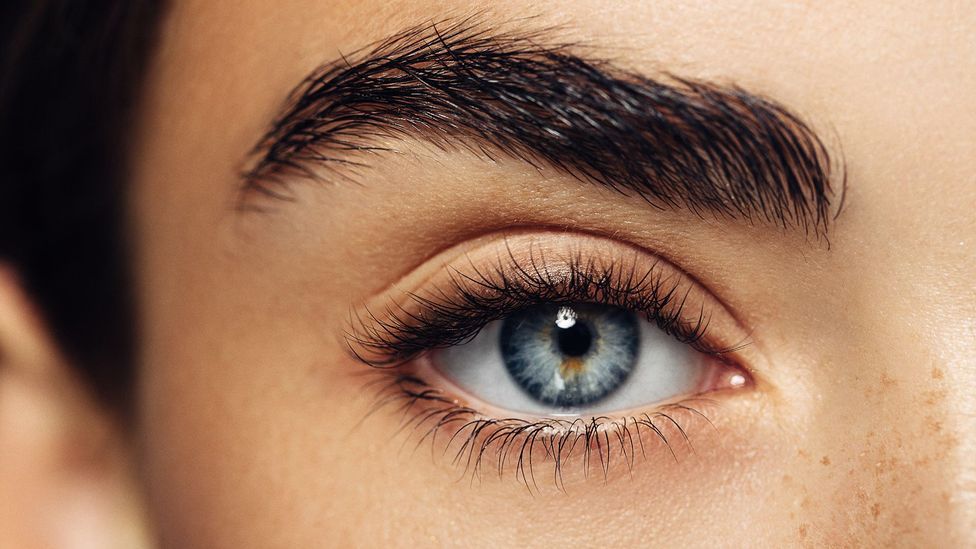Your eyes are an important part of your overall well-being. Your eyes allow you to see the sense of the world around you and communicate with others. Unfortunately, some eye conditions can contribute to worsening or complete loss of vision. This can decrease the quality of your life significantly. To preserve your eye health, it is important to take care of your eyes. But how can you do this?
Below are 6 recommendations that can help you protect your vision and decrease the risk of eye diseases.
1. Visit your eye doctor regularly
An eye examination is the best way to preserve your eye health. Without a qualified medical examination, it is impossible to diagnose serious eye conditions like glaucoma. If you don’t have any eye problems, it is recommended to visit an ophthalmologist once every two years. But if you already have an eye disease, an annual eye examination is a must.
During the examination, your doctor should check your visual acuity, the coordination between both eyes, eye pressure, and external eye examination.
2. Eat a healthy diet
Diet plays a key role in your eye health. If you want to preserve your eye health, it is important to include in your diet the right products. You need to eat more antioxidants and eye-healthy vitamins. Antioxidants reduce oxidative damage to your eye and decrease your risk of age-related degenerative eye diseases. You can get plenty of antioxidants from foods like orange, lemon, leafy green vegetables, and berries.
Omega-3 fatty acid is another component that is beneficial for your eye health. Omega-3 reverse dry eyes and protects your eye from the damage caused by blue light. The richest sources of omega-3 are tuna, salmon, mackerel, nuts, and seeds.
3. Avoid excessive exposure to blue light
In one way or another, the lives of people are connected with the use of digital devices that emit blue light. This can be your mobile phone, computer, laptop, and tablet. Excessive exposure to these devices can damage your macula and retina. In the beginning, this can cause eye strain, irritation, soreness, and blurred vision. Without medical attention and appropriate lifestyle changes, excessive exposure to blue light can cause macular degeneration.
4. Stop smoking
If you need some added motivation to quit smoking, here it is. Most people know that smoking is bad for your lung and heart health. But the chemicals you inhale when smoke can also damage your eye health. Tobacco is a vasoconstrictor. When the blood vessels become narrow, the blood supply of the retina and other parts of your eye decrease.
In the beginning, smoking causes mild discomfort and eye dryness. Long-term tobacco use can result in more serious eye problems and make you three times more likely to premature vision loss. If you cannot quit smoking, discuss it with your health care practitioner. Your doctor can offer you special programs to deal with tobacco addiction.
5. Protect your eyes from sunlight
Serious eye conditions like cataracts typically affect older adults. But excessive exposure to sunlight can cause eye damage and contribute to the premature development of cataracts. Besides, exposure to sunlight can cause unpleasant symptoms like dry, itchy eyes, excessive tearing, and a gritty sensation in the eyes. To preserve your eye health, it is extremely important to wear sunglasses with UV protection in any weather.
6. Know your family history of eye conditions
Many eye conditions run in families. Besides, you may have a predisposition to health conditions that increase your risk of eye disease. For this reason, it is important to know your family history of health problems. It is important to discuss your family history with your doctor. The specialist can advise you on how to decrease your risk of a particular eye condition and preserve eye health.






Comments